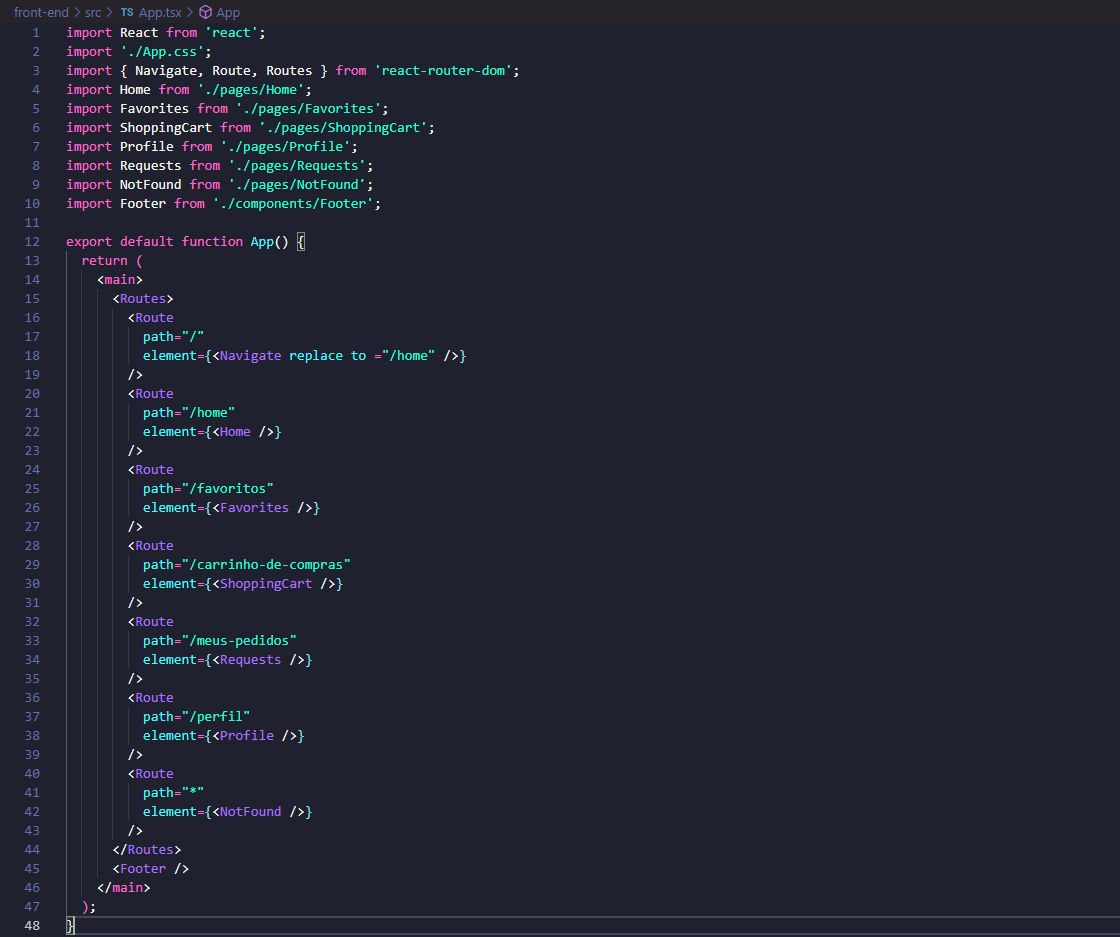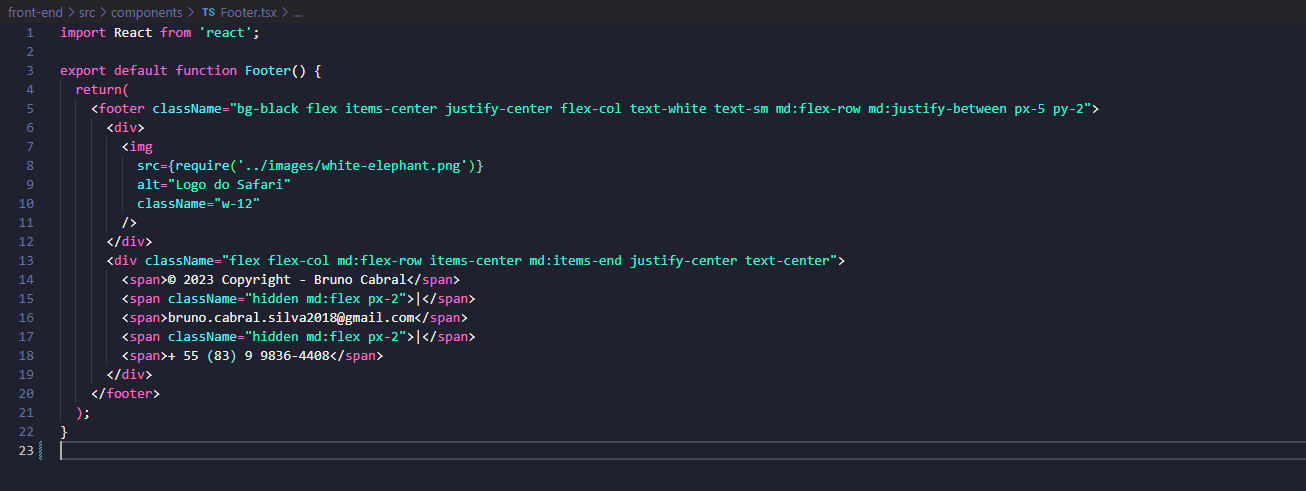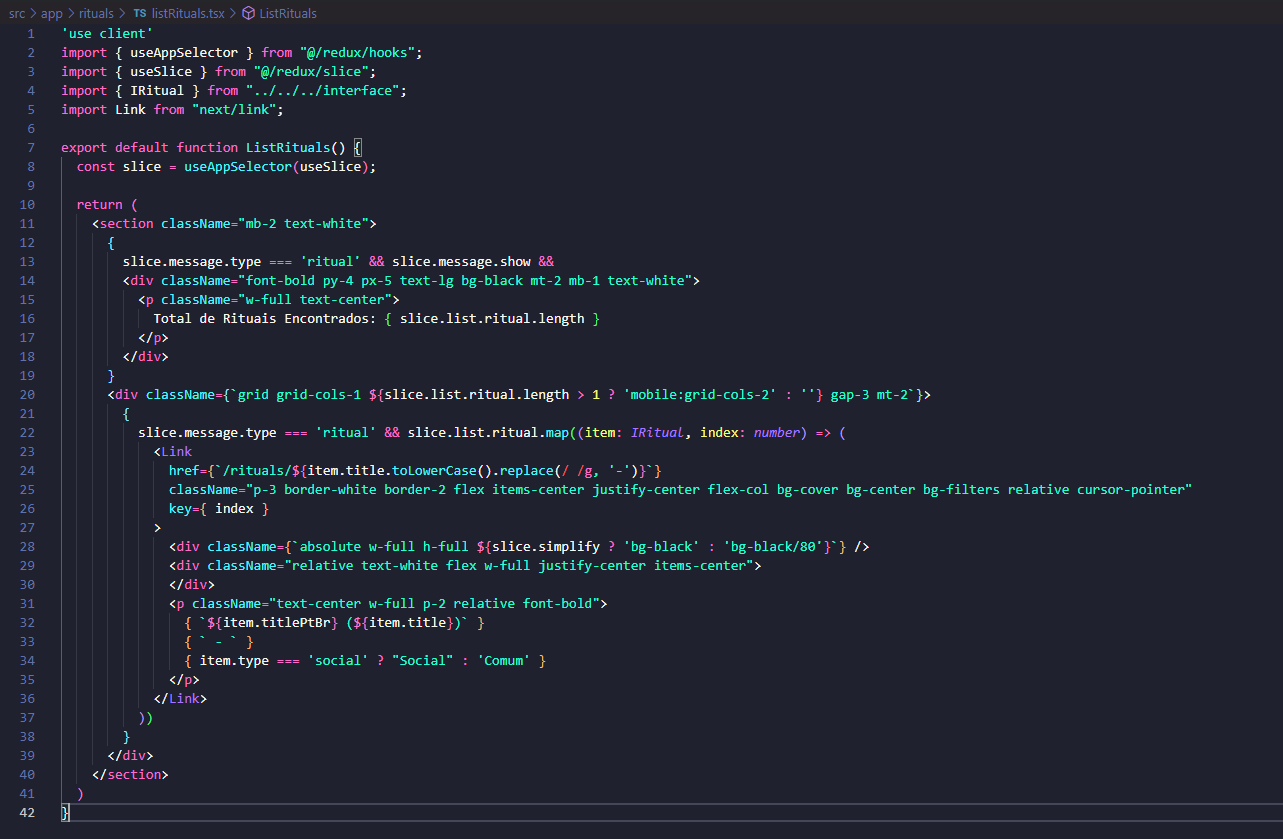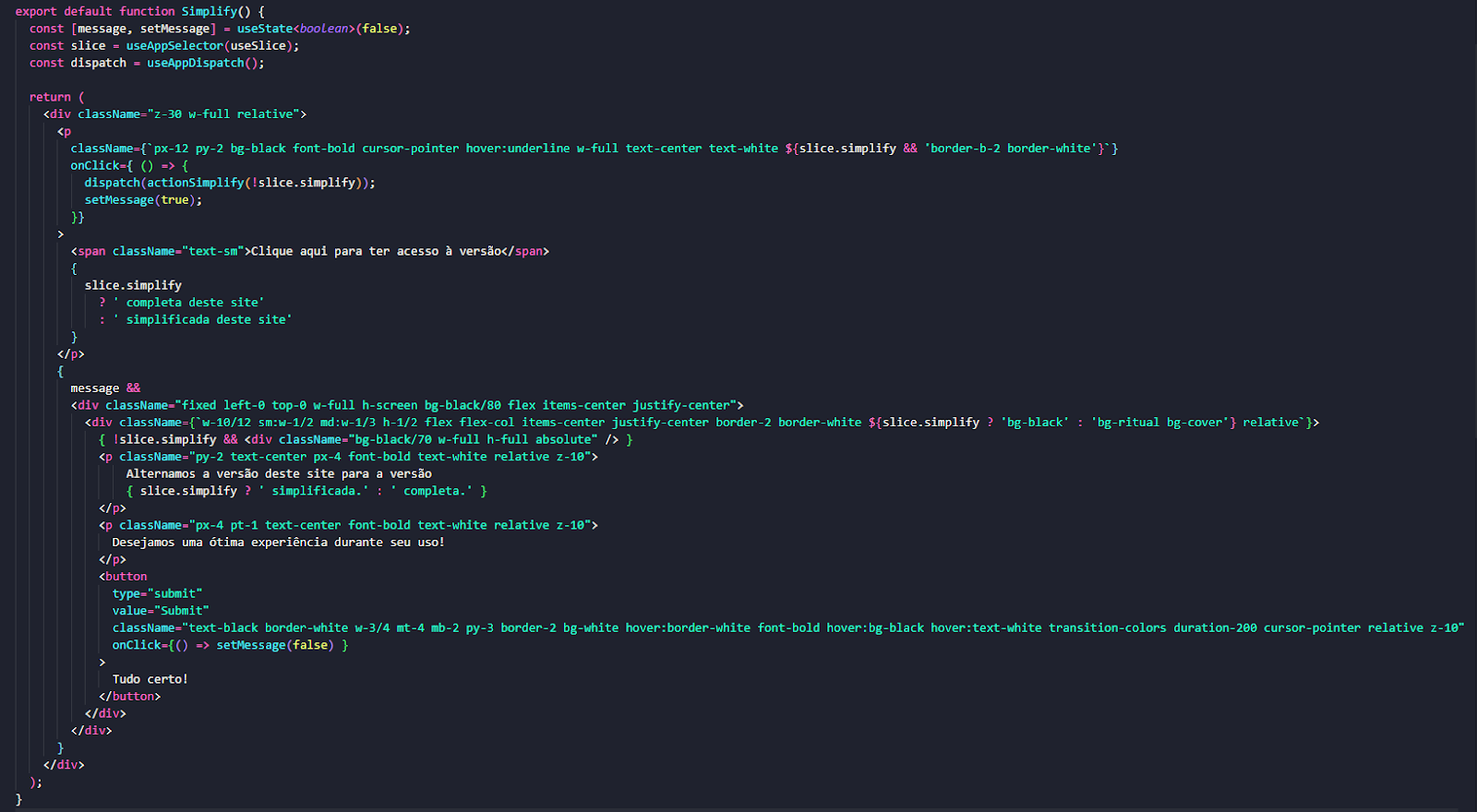

For Companies
For AI Labs
For Developers
Use Cases
Customer Stories
Get added peace of mind with Revelo’s risk-free trial. If you’re not satisfied with your hire within the first 14 days: You pay nothing, and we’ll find you a new candidate at no additional cost.










Luis J.
Experience
9 years
AVAILABILITY
Full-time

Paula C.
Experience
6 years
AVAILABILITY
Full-time

Mónica T.
Experience
6 years
AVAILABILITY
Full-time

Veronica M.
Experience
8 years
AVAILABILITY
Full-time

Emilia F.
Experience
6 years
AVAILABILITY
Full-time
Rigorously vetted for technical and soft skills. Expertly hand-picked for your needs
Work synchronously with developers in the same or overlapping US time zones
Get shortlists within 3 days and hire in as fast as 2 weeks
Go further and reduce the overhead of sourcing, hiring, and talent management
React Bootstrap | Material UI | Ant Design | React Router | Rebass | Semantic UI React | Redux | React Motion | React Suite | Shards React | React 360 | React-Intl
Material Kit | Create React App | Shards React | Styled Components | Grommet | React DND | Viro React
Facebook API | Instagram API | YouTube API | Spotify API | Apple Music API | Google API | Jira REST API | GitHub API | SoundCloud API
Amazon Web Services (AWS) | Google Cloud Platform (GCP) | Linux | Docker | Heroku | Firebase | Digital Ocean | Oracle | Kubernetes | Dapr | Azure | AWS Lambda | Redux
MongoDB | PostgreSQL | MySQL | Redis | SQLite | MariaDB | Microsoft SQL Server
React.js developers are key players in building interactive user interfaces. As the demand for highly responsive and real-time user experiences grows, companies seek to hire React.js developers for their ability to create complex applications that deliver on speed and scalability—even under complex and data-intensive operations.
React.js’s component-based architecture facilitates the rapid rendering of dynamic user interfaces. This is critical for sustaining user engagement and driving business conversion rates. The deployment of React.js is integral for businesses aiming to fortify their digital infrastructure and gain a competitive advantage in the market.
The challenge lies in recruiting proficient React.js developers, as the demand outstrips supply. Companies require a discerning hiring process to identify skilled candidates.
React.js is a powerful, open-source JavaScript library for crafting user interfaces, especially for web applications. It enables the development of robust web applications capable of updating and changing data dynamically without requiring page reloads—essential for creating seamless single-page applications.
In React.js, the fundamental units of code are React components. These are modular and interoperable pieces that facilitate the construction of complex interfaces through the reuse of these self-contained elements. Coupled with Redux, a sophisticated state management tool, React.js simplifies the tracking of application state. This makes it invaluable for applications with numerous components that need to interact and function harmoniously in the software development process.
React Native extends the principles of React.js to developing mobile applications, allowing the creation of cross-platform mobile apps with a single JavaScript codebase. This crossover enhances efficiency and accelerates the development cycle, allowing for swift deployment on both iOS and Android platforms.
React.js accelerates the development process by capitalizing on the reusability of components, which translates to reduced development time and quicker iterations. The performance benefits and the library's adeptness at handling complex, dynamic user interactions provide a competitive advantage. React.JS empowers companies to outpace competition by delivering superior digital experiences.
With React.JS, developers construct complex applications that handle data updates in real time without reloading the page. This is crucial for high-quality applications like social media platforms, e-commerce sites, and interactive dashboards.
For example, established companies and startups use React.JS to build a custom inventory management system that updates in real time, ensuring that both staff and customers have up-to-date information. This kind of real-time update is critical for businesses that rely on timely data, such as news outlets or financial services.
React.js also comes with a strong ecosystem, including tools like Redux for state management, which helps companies manage complex applications with many moving parts. This capability makes it easier for teams to maintain and update their applications, which is essential for businesses that need to adapt quickly to changing customer needs.
React.js is known for its ability to help developers build large web applications where data changes regularly—without reloading the page. Specific advantages include:

The main goal of a React.JS developer is to design and implement UIs and UI components for web and mobile apps.
The responsibilities of React.JS developers vary depending on the company. However, most companies hire React.JS developers to do the following:

Top React.js candidates have a blend of creative and technical prowess, with a knack for solving complex problems through code. A strong foundation in JavaScript and JSX is critical, as they form the backbone of UI development in React. These developers also need familiarity with frameworks like Angular and scripting languages like PHP and Python, which complement their React skills. React-specific tools such as React Router are useful for single-page application navigation and Redux or Context API for state management.
Necessary technical aptitude extends to understanding component lifecycle, hooks, state management, and adeptness with version control systems like Git. Competence with front-end build tools, including Webpack, Babel, and package managers like NPM or Yarn, is indispensable. Additionally, developers should be proficient in testing frameworks like Jest or Enzyme to validate code integrity.
Soft skills play a pivotal role—effective communication and teamwork are vital as React.js development is often collaborative. While companies often prefer a bachelor’s degree in computer science, proven expertise through a robust portfolio and relevant experience also suffices.
Developers build React.js applications using a suite of programming languages and libraries that shape the applications’ interactivity, scalability, and overall user experience. JavaScript serves as the cornerstone of React development, while TypeScript enhances code reliability through static typing. Libraries like Redux, React Router, and Styled-Components streamline complex tasks and boost development efficiency within the React ecosystem.
When developing with React.js, a deep understanding of specific programming languages and syntax is crucial for crafting efficient and responsive user interfaces. The following are three key languages and syntax extensions:
For developers working with React.js, libraries greatly enhance the functionality and efficiency of their applications. Three popular libraries often used in conjunction with React.js include:

React.js developers rely on a variety of tools to streamline their development process and verify that their applications run smoothly across all platforms. These tools range from server-side environments to module bundlers and compilers, including the following:
React.js has become an essential tool in modern front-end development. Big names like Facebook, which created React, use it because it helps maintain a high-performance interface even when dealing with massive data and frequent updates.
Developers use React with various frameworks and platforms to build powerful web development projects. For example, Next.js is a React framework that allows for server-side rendering, making websites load faster and improving their performance on search engines. This often benefits businesses that rely on web visibility and user engagement.
Meanwhile, developers deploy React applications on cloud services like AWS, benefiting from the cloud's scalability and reliability. This is perfect for companies that need their apps to stay stable while scaling traffic.
Additionally, React pairs well with various back-end technologies. Java, known for its stability and cross-platform capabilities, serves as the server-side language, managing business logic and database interactions. Express, a web application framework for Node.js, handles HTTP requests and middleware integration for a React app, offering a lightweight back end that's easy to scale.
React.JS, developers allow companies to create responsive, maintainable, and scalable web applications that stand strong in the competitive digital market.

Mid-level React.JS developers in the U.S. with four to six years of experience earn an average of $71,000 to $125,000 per year. Location, experience, and certifications often affect these figures. Additionally, salaries for developers often extend beyond base pay, increasing with the inclusion of annual bonuses, stock options, or equity shares.
Developers based in Latin America possess comparable expertise, but due to the reduced cost of living in the region, they typically receive 30% to 50% lower compensation than U.S. developers. Revelo provides access to an array of thoroughly vetted, top-tier Latin American tech talent—providing a cost-effective approach while maintaining high standards.
Featured Tool: Tech Team Budget Calculator
Several strategies exist to secure top talent in React.js development beyond creating an effective job posting. One strategy is to engage with the developer community where React.js experts are active. This could involve participating in tech forums, contributing to open-source projects, or attending local and international developer conferences.
Another key practice is to analyze a candidate’s previous projects and contributions on platforms like GitHub. This gives an insight into their coding style, proficiency, and ability to collaborate on complex projects. Look for candidates who show a commitment to code quality, documentation, and user-centric design, which is crucial for a React.JS developer's role.
Lastly, consider a technical trial or collaborative work session as part of the interview process. Present real-world problems for them to solve or offer a pair-programming exercise with your current team. This highlights their technical expertise and gives a glimpse into their communication and collaboration skills. If Agile experience is important, early technical testing often reveals a candidate's familiarity with the methodology.
React.js developers are the architects behind the seamless and engaging user interfaces that keep customers returning to your platform. Their expertise helps your applications stay on the cutting edge with an intuitive user experience that stands out from the competition.
Understanding the significance of such talent, Revelo offers a marketplace of pre-vetted React.JS developers.
Beyond the marketplace, we provide negotiation support to align salaries and budgets. After the hire, we help manage payroll, benefits, taxes, and compliance and provide ongoing support throughout a developer's engagement.
Hire React.js developers today for your upcoming projects.
â€
Build your remote software engineering team in any tech stack. Our talent pool of senior software developers are pre-screened across 100+ skills.
Looking for work? Apply here
Yes, if for any reason you find the developer you hire isn't a good fit within the first 14 days - you pay nothing or we can find you a replacement at no additional cost.
Hiring a full-time developer through Revelo is a simple 3-step process. First, you tell us your hiring needs. Second, we match you to the best developers within 3 days. Third, you interview the candidates you like and hire the one you like most.